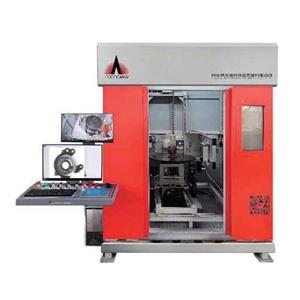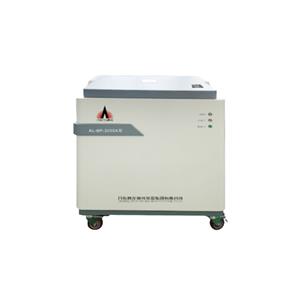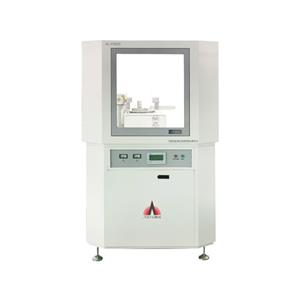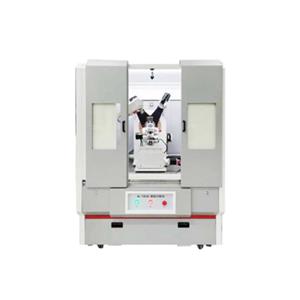The Key Application of X-ray Testing Equipment in the New Energy Battery Industry
With the rapid development of the new energy battery industry, X-ray testing equipment is playing an increasingly important role in the production process. This article will introduce the working principle of X-ray detection equipment, its advantages and limitations in the new energy battery industry, as well as its comparison with other detection methods, and look forward to its future development prospects in the new energy battery industry.
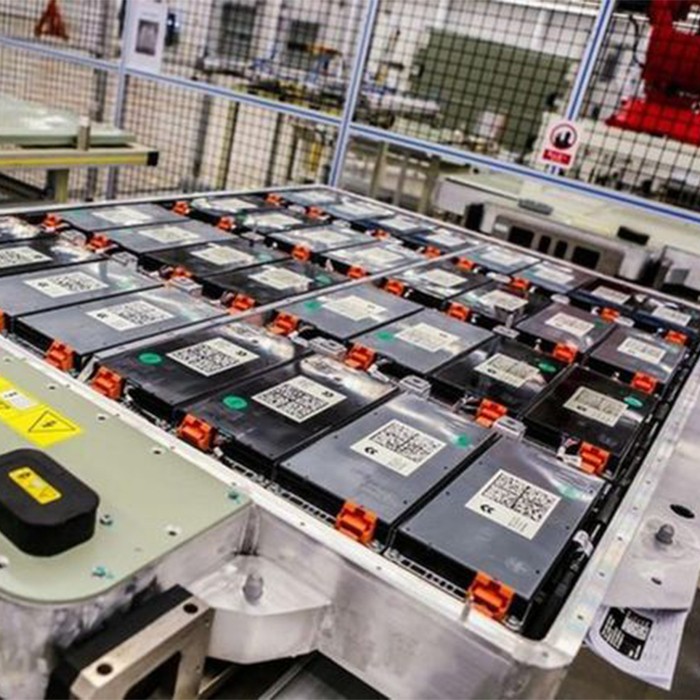
1、 Industry background
The new energy battery industry is currently one of the rapidly developing fields, widely used in electric vehicles, energy storage, aerospace and other fields due to its advantages such as environmental friendliness, high energy density, and fast charging speed. With the continuous progress of technology, the performance and safety requirements of new energy batteries are also constantly improving. Therefore, strict quality control and testing of batteries are necessary in the production process.
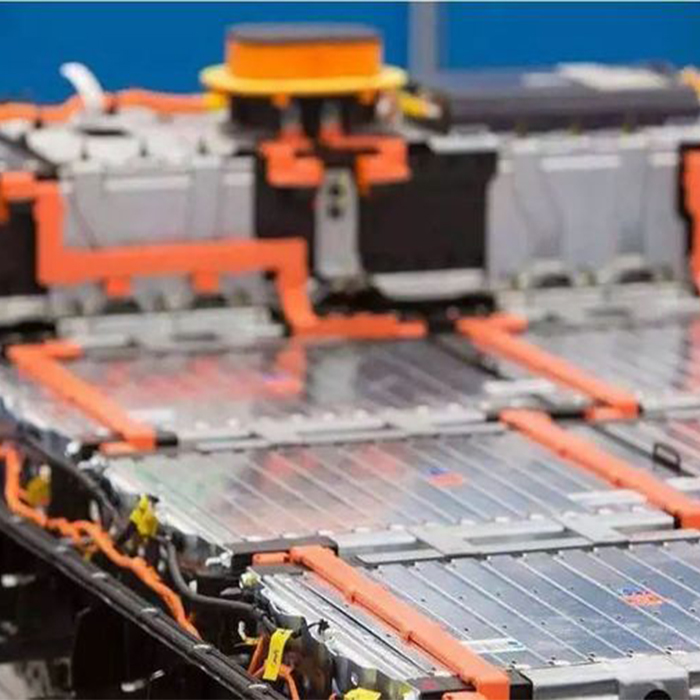
2、 The working principle of X-ray testing equipment
X-ray testing equipment utilizes the penetration and diffraction principles of X-rays to detect the internal structure and defects of new energy batteries. When X-rays penetrate a substance, attenuation and scattering occur. By measuring the transmitted X-ray intensity and scattering angle, the internal structure and defect information of the object being tested can be obtained. In the testing of new energy batteries, X-ray testing equipment can perform precise inspections on the internal structure, welding points, electrical components, and other components of the battery, effectively identifying and controlling quality issues during the production process.
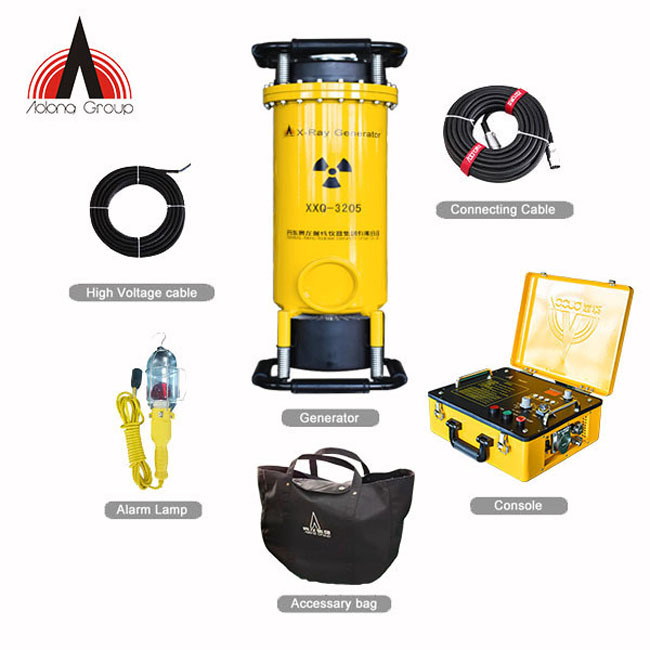
3、 The advantages and limitations of X-ray testing equipment
X-ray testing equipment has the following advantages in the new energy battery industry:
High precision: It can perform high-precision detection on the internal structure and defects of new energy batteries, effectively detecting problems such as unstable welding points and electrical cracking.
2. Efficiency: X-ray detection equipment has the ability to quickly scan and process data, which can greatly improve detection efficiency.
3. Non destructive testing: It will not cause damage to the tested object, which is conducive to ensuring the quality and safety of new energy batteries.

